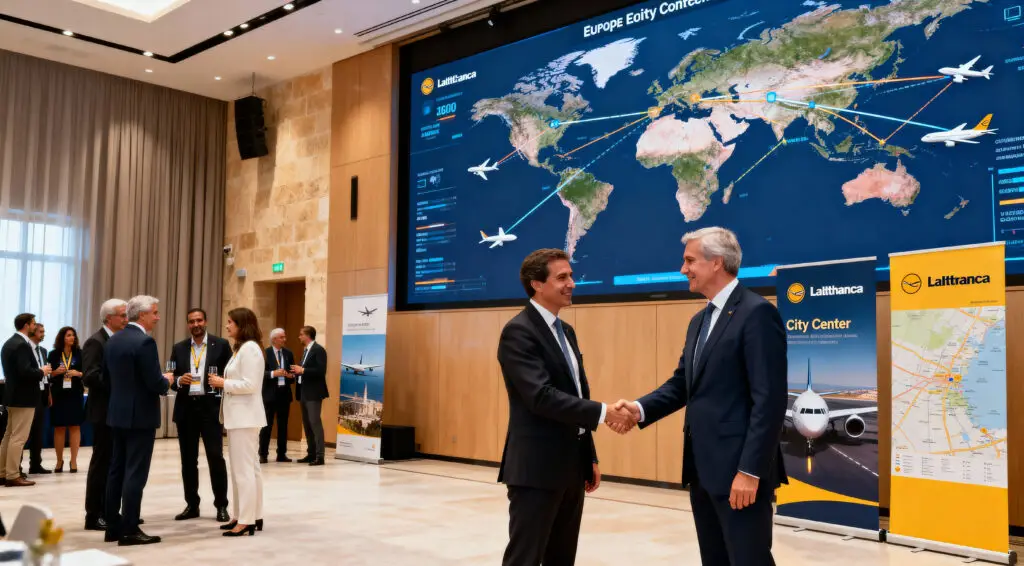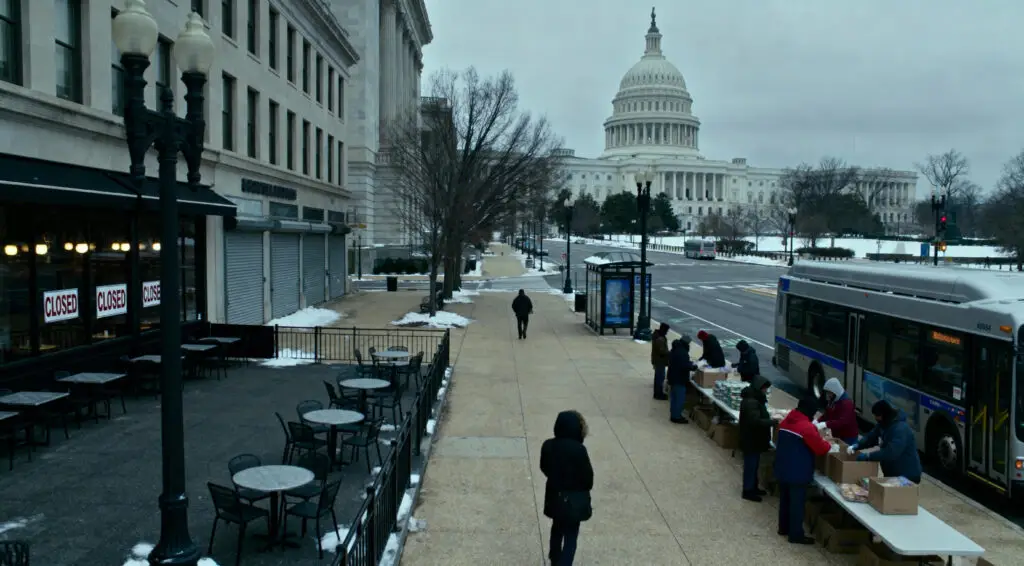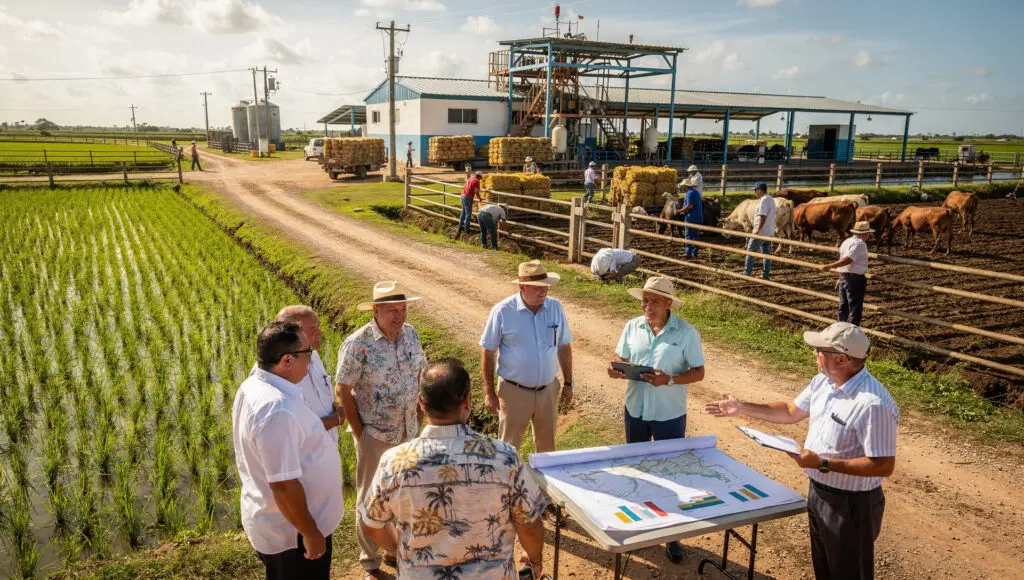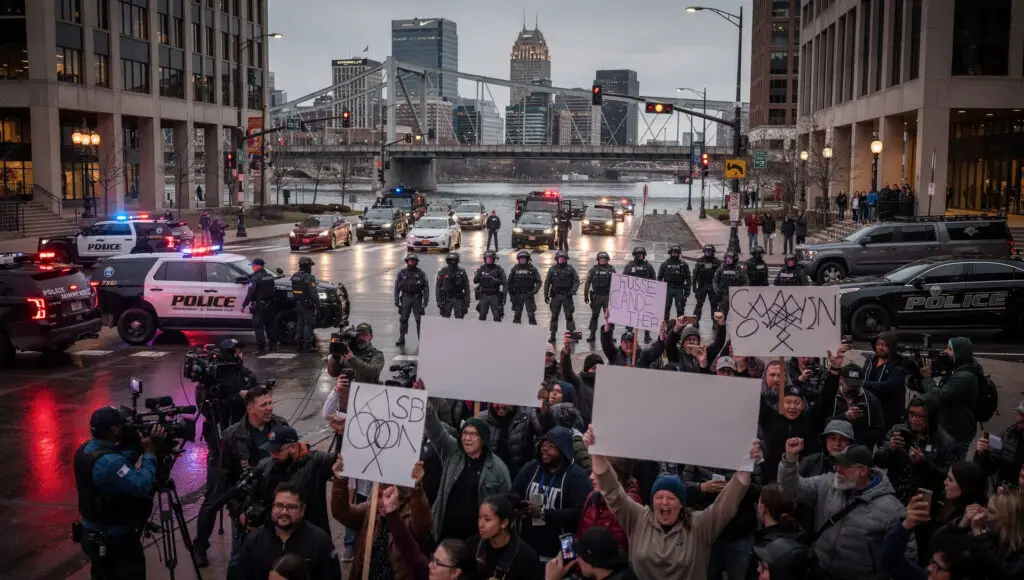Mamdani’s Victory Sparks New Political Expectations
Zohran Mamdani has been one of the most interesting voices in U.S. politics since he won the election for mayor of New York City. He said in his victory address that the only way to “terrify a despot” is to break down structures of control. His statements were about Donald Trump, but they also apply to the realm of global football governance, notably FIFA.
Mamdani, a democratic socialist and Arsenal supporter, has spoken out against FIFA’s “Game Over Greed” ticket price campaign in the past, saying that dynamic pricing is “an affront to the game.” His new political platform gives him the ability to fight FIFA’s economic power head-on, as New York will host the 2026 World Cup.

Challenging FIFA’s Tax Exemptions and Demands
Some people say that FIFA acts like a “floating sovereign,” exploiting host countries as cash factories and avoiding taxes. The U.S., Mexico, and Canada all promised to give big tax breaks for the 2026 World Cup. The U.S. promised almost complete relief for media and marketing earnings.
Mamdani might ask for complete contract openness, which would show how much control FIFA has over cities like New York and New Jersey that host events. Even if a lot of public money is spent on security and logistics, most host agreements are still secret or extensively edited. If made public, this kind of information might make his case for corporate responsibility and fiscal justice stronger.
A Billion-Dollar Event with Hidden Costs for Cities
FIFA thinks that the 2026 World Cup will make $11 billion, which is more than the $7.5 billion that Qatar 2022 made. But local governments have to pay for a lot of things, such as security and fan zone infrastructure, while FIFA keeps all the money it makes from broadcasting and marketing without having to pay taxes.
According to estimates, each city might have to pay up to $150 million more. The U.S. Congress gave $625 million in federal money to help pay for events, but city leaders are worried that their budgets may be short, which might hurt public services. Voters who are having trouble making ends meet can really connect with Mamdani’s desire to expose these inequalities.
Recommended Article: Fact-Checking Nancy Pelosi’s Claims and Controversies
Grassroots Accountability and Public Transparency
FIFA contracts with host cities may be changed, which gives Mamdani a way to legally renegotiate the conditions. By requiring that such agreements be made public, he can make sure that taxpayers know where their money is going.
Partial disclosures in Seattle, Vancouver, and Toronto showed that public pressure works: they showed how much power FIFA had and how expensive its rules were. A similar effort to make things more open in New York might establish a new standard for sports governance throughout the world.
Lessons from London’s Olympic Tax Revolt
Mamdani may look to London 2012 as an example of how public mobilization can make Olympic sponsors give up tax breaks. This kind of concept might be used again for FIFA 2026, putting the problem in terms of fairness for businesses vs. exploitation of citizens.
His progressive base might get behind this cause, turning soccer activism into a political movement. It would mirror Mamdani’s campaign rhetoric that working people need protection from big, profit-driven businesses that rely on government money to stay in business.
The Bigger Price of FIFA’s Privilege
FIFA’s way of making money has caused problems all around the world. Even though the government has laid off workers, communities in Canada, including Vancouver, have kept their World Cup promises. Officials in Chicago and Minneapolis turned down the chance to host because FIFA’s conditions were too strict and they weren’t willing to change them.
Nick McGeehan of FairSquare and other experts say that FIFA “sucks vast amounts of money out of its hosts,” which leaves behind economic problems. Bob Mackin, a journalist, says that local organizers often make “rosy forecasts” while ignoring the needs of the community. Mamdani’s leadership might bring these discrepancies to light at home.
A Moment to Redefine the Politics of Sport
People are getting more and more angry about how much money companies are making, so Mamdani has a chance to connect sports justice with economic justice. He can be a unique politician who fights both domestic inequality and global corporate power by pushing FIFA to change its tax and transparency rules.
Jules Boykoff, a pundit, said, “Now is the time to push back.” He thinks that Mamdani may “force the FIFA behemoth to share its lucre.” As the 2026 international cup gets closer, New York’s new mayor might become an unexpected symbol of moral change in international football, leaving a legacy as big as his climb to power.























